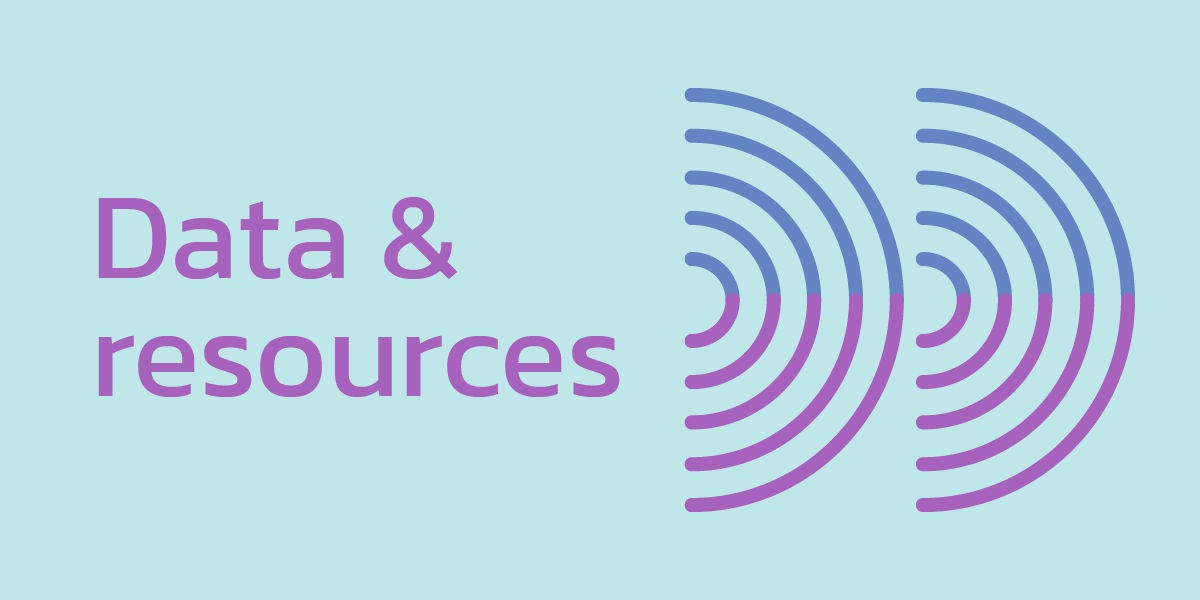
More and more, community organisations need to demonstrate that they are making evidence based decisions. Quite rightly too, as this ensures projects and programmes are targeted to where they will have the biggest impact. Funding applications have become more rigorous and competitive, and simply “knowing” your areas, is no longer enough to guarantee funding for projects. Community organisations need to be able to substantiate their claims and proposals, in a succinct and robust manner.
This is all very well, however not everybody has a background in data and research. And with an ever-growing list of ‘things to do’, it can be a difficult and daunting prospect to know where to start and where to look – or even what to look for. A bit like panning for gold.
For those starting on your journey of sifting through the river of data that is out there, here are a few tips to set you on your way.
Before you dive straight into the vast amounts of data available, make sure you are clear on why you are looking for data in the first place. This will help you to stay on topic and narrow down your search for data – making sure the river you are panning, actually contains gold.
Have a think about what story you are trying to get across. Who is your audience? What question are you asking? What answer do you have in mind? Bear in mind that your goal is to build a watertight case. Yes, it can be a narrative – but one supported by evidence.
All of this will help you to crystallise what ‘gold’ looks like for you. No use panning for gold if there is no market to sell it in, is there?
You have your rationale. There is data everywhere. But how do you go about ‘striking gold’?
To make this process easier the next time round, keep a record of where you have looked – and note whether it was useful or interesting. Next time, you’ll then be able to head straight to these gold filled rivers, rather than wasting your time with dried up streams. Why not help others have an easier time, by publishing your findings in the open?
You don’t have to set off on your journey empty-handed. These resources are a good starting point to set you on the right track.
And of course, you can always get in touch with one of the team at OCSI, to see how we can support you to find gold in a river of data.
London is often characterised as a city of wealth and opportunity, yet…
More
The Welsh Index of Multiple Deprivation (WIMD) is the official measure of…
More